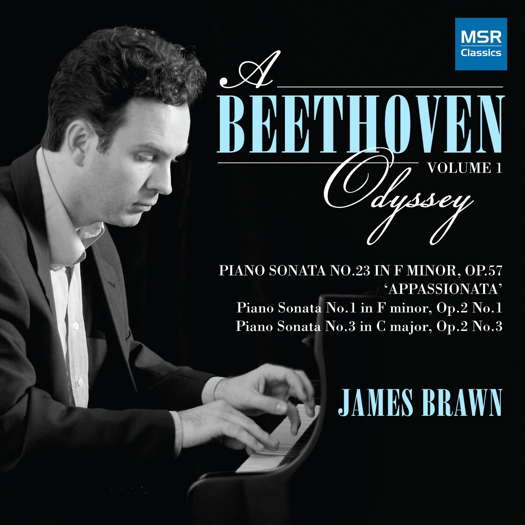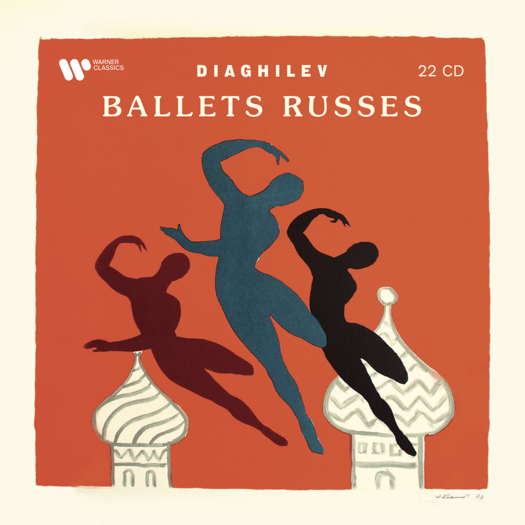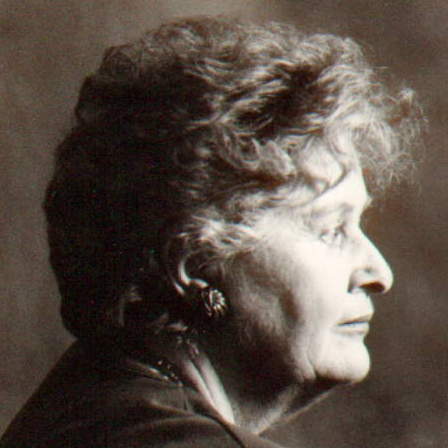 SPONSORED: CD Spotlight. Masterfully Controlled - James Brawn's Beethoven Odyssey impresses Andrew Schartmann.
SPONSORED: CD Spotlight. Masterfully Controlled - James Brawn's Beethoven Odyssey impresses Andrew Schartmann.
All sponsored features >>

The Magic of Ballets Russes
GIUSEPPE PENNISI listens to Warner Classics' box set
'... a gem which should be on the shelves of all those interested in the music of the early decades of the twentieth century ...'
The seventy years since the death of Igor Stravinsky have produced not only numerous performances of music by the Russian composer but also many recordings. (The box set of thirty CDs released by Deutsche Grammophon with the complete works of the composer is very nice.) There are also rarities related to the period in which Stravinsky lived and worked. Among these is a gem which should be on the shelves of all those interested in the music of the early decades of the twentieth century - a collection of twenty-two CDs from Warner Classics. The first twenty-one faithfully retrace the seasons from 1909 to 1929 of the Ballets Russes organized by Serge Diaghilev, impresario and choreographer. On the last there are 'historical' recordings such as extracts from Mussorgsky's Boris Godunov with Feodor Chaliapin as protagonist, Le Sacre du Printemps conducted by Stravinsky and Satie's Parade conducted by Igor Markevitch.
Listen — Satie: Choral (Parade)
(0190296477157 CD22 track 20, 0:01-0:26) ℗ 2022 Parlophone Records Ltd :
Even the first twenty-one CDs are to a large extent 'historical' versions as they are often remastered from 78rpm discs, no longer available on the market.
The first impression by the listener is the vastness of the repertoire of the Ballets Russes. Usually, when one thinks of Diaghilev's twenty-year experience, a limited number of authors come to mind. They are those with whom the company either made Russian music known in Paris, London, New York and the other major capitals of music or devoted itself to almost experimental operations (such as L'après-midi d'un faune by Debussy) such as to enchant part of the audience and disturb another, creating controversy (and advertising).
Instead, we discover that especially in the first 'seasons' but not only in those, the ballet that is usually 'classical-romantic' had great importance. In the 1909 debut, the highlight was, for example, Le Pavillion d'Armide by Nikolai Tcherepnin, a 'drame chorégraphique en un acte e trois tableaux', here performed by the Moscow Symphony Orchestra conducted by Henry Schek.
Listen — Tcherepnin: L'introduction et scène première (Le Pavillion d'Armide)
(0190296477157 CD1 track 1, 0:00-0:50) Licenced courtesy of Naxos Music :
It was followed by the Polovtsian Dances from Alexander Borodin's Prince Igor conducted by Seiji Ozawa for the Chicago Symphony Orchestra. In the first 'seasons' there is also a Giselle by Adolphe Charles Adam, who had Russian choreography by Michel Fokine and sets and costumes by Alexandre Benoit.
The real Ballets Russes bursts in – it's true – with the second season: Stravinsky's L'Oiseau de Feu presented here in a truly fiery reading by Seiji Ozawa with the Boston Symphony.
In the third season (1911-1912) the great romantic ballet, Le Lac des cygnes (Swan Lake) by Pyotr Ilyich Tchaikovsky, here interpreted (with delicate nuances) by André Previn with the London Symphony Orchestra, has great space.
Listen — Tchaikovsky: Introduction (Swan Lake)
(0190296477157 CD6 track 1, 0:04-0:44) ℗ 2022 Parlophone Records Ltd :
Stravinsky returns with the debut of Petrouchka, accompanied by La Peri by Paul Dukas, with a young choreographer who would go a long way: George Balanchine.
The 1912 and 1913 seasons were a real break: L'après-midi d'un faune and Jeux by Debussy, Daphnis et Chloé by Ravel and above all Le Sacre du Printemps, presented, in the box, in two versions, one - as mentioned - directed by the composer, and one with Igor Markevitch at the helm of the Philharmonia Orchestra.
Listen — Stravinsky: L'adoration de la terre (Le Sacre du Printemps)
(0190296477157 CD10 track 2, 0:01-0:57) ℗ 2022 Parlophone Records Ltd :
In the following seasons, in addition to the debut of Stravinsky's Le Rossignol, ballet versions of Richard Strauss' symphonic poems - Till Eulenspiegel and La légende de Joseph - and one of the great 'romantic ballets' by Pyotr Ilyich Tchaikovsky, La belle au bois dormante appeared. However, the protagonist is Stravinsky: Pulcinella, Le renard and Les noces.
Listen — Stravinsky: La tresse (Les noces)
(0190296477157 CD18 track 7, 0:01-0:58) ℗ 2022 Parlophone Records Ltd :
It is, however, wearing out his artistic relationship with Serge Diaghilev; in his last will and testament, however, Stravinsky asked to be buried next to him to the Cemetery of San Michele in Venice.
Diaghilev turned, then, to French composers, as Paris had become his base of operations: Poulenc's Les Biches, Auric's Les fâcheurs, Milhaud's Le train bleu, Satie's Jack in the box and Mercure, Sauguet's La chatte all debuted in the 1924-27 seasons. In 1928, almost at the end of the Ballets Russes experience, Stravinsky returned with an absolute masterpiece, Apollon musagète (here directed by Sir Simon Rattle at the helm of the Berliner Philharmoniker.
Listen — Stravinsky: Die Geburt des Apollo (Apollon musagète)
(0190296477157 CD21 track 1, 0:13-1:12) ℗ 2022 Parlophone Records Ltd :
In recent seasons, another Russian appears: Serge Prokofiev with The Steel Step and The Prodigal Son.
Listen — Prokofiev: The Departure (The Prodigal Son)
(0190296477157 CD21 track 11, 0:00-0:59) ℗ 2022 Parlophone Records Ltd :
But now, after a world war, the world has changed. And the company disbands. Diaghilev died in Venice, three months after the discussion about The Prodigal Son, characterized by disagreements between the composer and others.
Copyright © 28 May 2022
Giuseppe Pennisi,
Rome, Italy

CD INFORMATION: DIAGHILEV - BALLETS RUSSES



